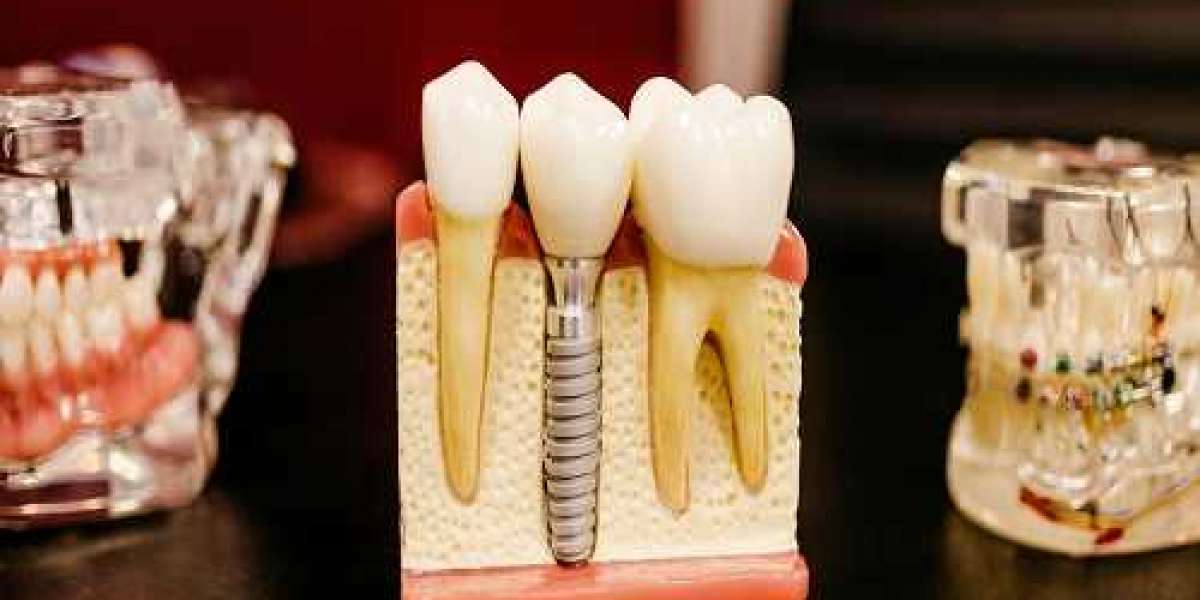But a common question among patients is: Can dental implants last a lifetime? The short answer is yes, with proper care, but several factors influence their longevity. In this article, we’ll explore the durability of dental implants, what affects their lifespan, and how to ensure they last as long as possible.
Understanding Dental Implants and Their Components
A teeth implants in Watford consists of three main parts:
- The Implant Post – A titanium or zirconia screw surgically placed into the jawbone to act as an artificial tooth root.
- The Abutment – A small connector that attaches the implant post to the dental crown.
- The Crown – A custom-made artificial tooth that mimics the appearance and function of a natural tooth.
While the implant post is designed to be a permanent fixture, the crown may need replacement after 10-15 years due to wear and tear.
How Long Do Dental Implants Last?
With good oral hygiene and regular dental check-ups, the implant post can last a lifetime. However, factors like oral health, lifestyle habits, and professional care influence its longevity. Studies suggest that 95% of dental implants last 10 years or more, and many last 30+ years when well-maintained.
Factors That Affect the Longevity of Dental Implants
1. Oral Hygiene
Poor oral hygiene can lead to peri-implantitis—a gum infection that causes inflammation around the implant and can lead to failure. Brushing twice a day, flossing, and using an antibacterial mouthwash can help keep your implants healthy.
2. Bone Density and Gum Health
A strong and healthy jawbone is essential for implant stability. Conditions like osteoporosis or severe gum disease (periodontitis) can weaken the bone, increasing the risk of implant failure.
3. Lifestyle Habits
- Smoking – One of the biggest risk factors for implant failure, as it reduces blood flow and slows healing.
- Teeth Grinding (Bruxism) – Puts excessive pressure on the implant, potentially causing damage over time.
- Diet – A balanced diet rich in calcium and vitamin D supports bone health and implant longevity.
4. Surgical Expertise
The skill of the dentist or oral surgeon plays a crucial role in the success of a dental implant. Precise placement and proper integration into the jawbone ensure long-term stability.
5. Regular Dental Check-Ups
Routine dental visits allow your dentist to monitor your implants and address any minor issues before they become serious problems. Professional cleanings help remove plaque and bacteria that can lead to infections.
How to Maximize the Lifespan of Dental Implants
- Maintain excellent oral hygiene – Brush, floss, and rinse daily.
- Visit your dentist regularly for check-ups and cleanings.
- Avoid hard foods like ice or nuts that can damage the crown.
- If you grind your teeth, use a nightguard to protect your implants.
- Quit smoking to improve overall oral health and healing.
When Do Implants Need Replacement?
While the titanium implant post is designed to last a lifetime, the crown may need replacement due to wear, discoloration, or damage. On average, dental crowns last 10-15 years, but with good care, they can last much longer.
Conclusion
Dental implants are one of the most durable and long-lasting solutions for missing teeth. With proper care, the implant post can last a lifetime, while the crown may need occasional replacement. By maintaining good oral hygiene, avoiding harmful habits, and scheduling regular dental visits, you can ensure your dental implants remain in excellent condition for decades.
If you’re considering dental implants, consult with a qualified dentist to assess your suitability and receive personalized advice on maintaining your new smile for life.




